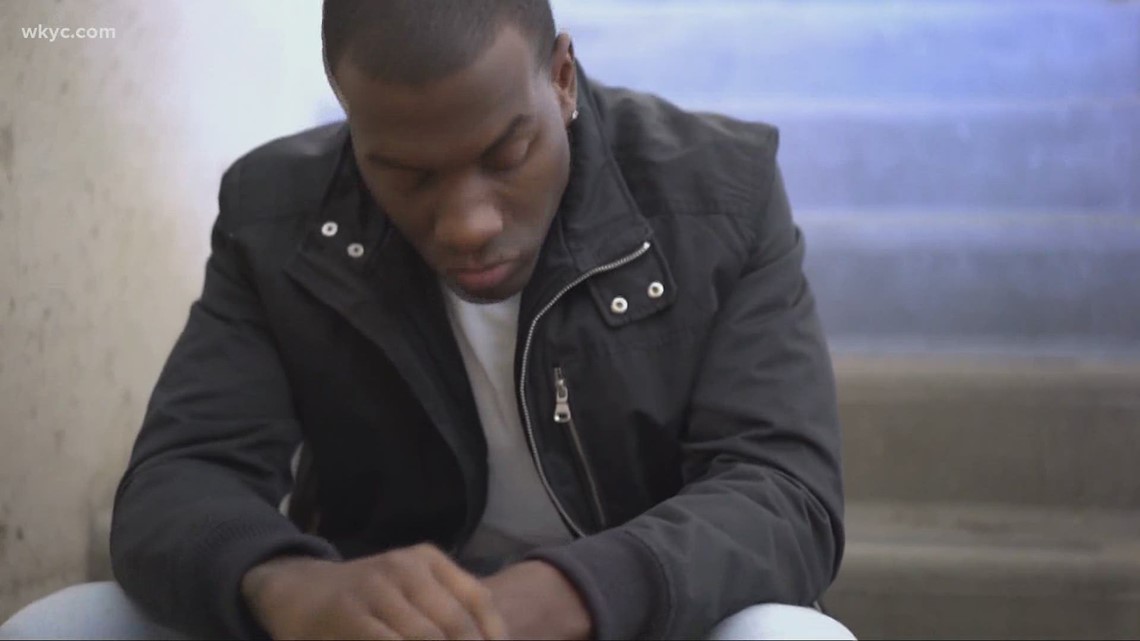Finding help that feels relatable and makes you feel comfortable, can make all the difference.
CLEVELAND — “I’m hoping that the therapy fund completely shifts our understanding of what therapy is, that we begin to understand it as more of a maintenance of ourselves and less of a rock bottom situation.”
Rachel Cargle, an Akron native, lecturer and social activist, recently dedicated some of her work to helping Black girls, teens and women find therapy from those who look like them. A space where more representation is needed.
“As it stands, while African Americans make up a little less than 20% of the population in this country, we make less than 5% of service providers,” says Angel Chapin, the Clinical Director at Magnolia Clubhouse in Cleveland. “So if someone wants to see someone that looks like them, there’s a shortage.”
Organizations like Cargle’s Loveland Foundation and the Magnolia Clubhouse are working to change that, providing resources to those in need by those who understand their needs.
RELATED: You are not alone: Mental health and the Black community in Northeast Ohio
“I think a lot of times, people who have good intensions say things like, ‘Well, I don’t see race, I just see a person.’ Well, no one would say to me, ‘I don’t see you as a woman, I see you as a person,'” Chapin says. “They shouldn’t say to me, ‘I don’t see you as a Black woman.’ Being a Black woman is a huge part of who I am, and so ignoring that is ignoring all the life experiences I have.”
Treating mental health is a deeply personal and private experience. While things like racial awareness are center-stage in the news, micro-aggressions and bias aren’t experiences typically shared out loud.
“I think for me, racism is a big part of this country, it’s a big part of what’s happened in my life,” says Tarrik Jackson, a recipient of Magnolia Clubhouse’s services. “So someone who’s not of color may not understand really how it feels to be a target of bigotry.”
“People of color, even if they haven’t experienced direct racism, they may be people who have grown up fearing it. And so that causes this sensitivity and hyper awareness that contributes to anxiety,” Chapin points out.
And the hope is, with more representation, the stigma of getting help will be broken.
“It shouldn’t feel like a risk, it shouldn’t feel like I’ve done something brave. But the reality is, that is the world we live in,” Chapin says.
The Loveland Foundation raises funds for Black women and girls in need of financial assistance for therapy. You can donate or apply for financial assistance, here.
Similar services for black women:
And for black men looking for help, check out these services:














